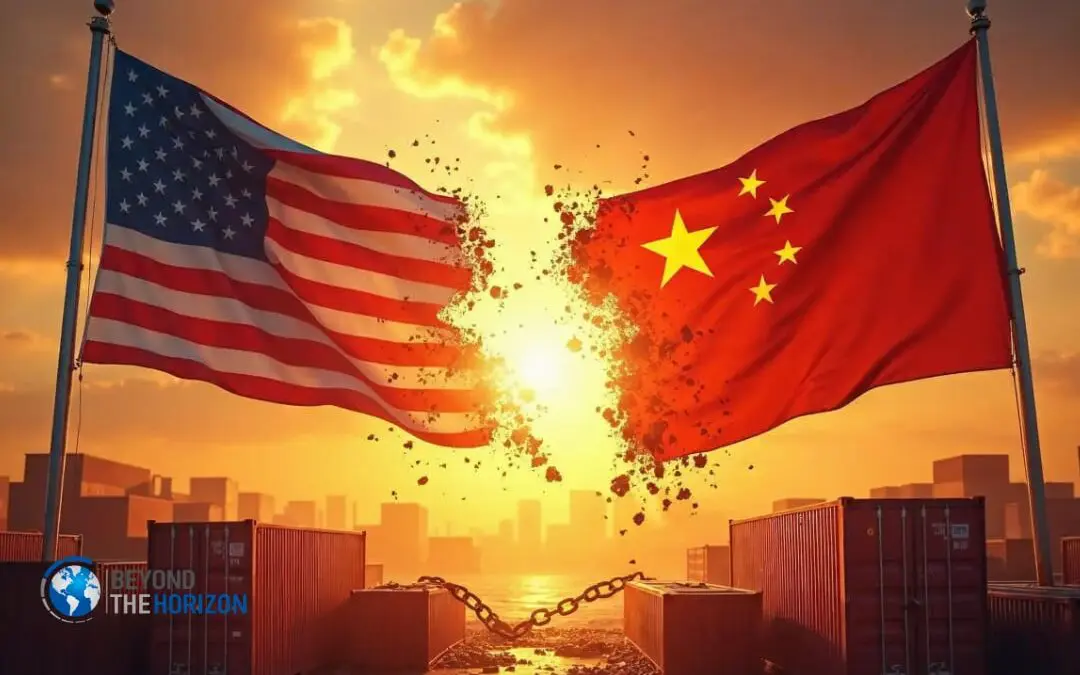A nonprofit organization has launched a legal challenge against the Trump administration, asserting that the President has misused his legal authority by imposing tariffs under a law the group claims was wrongfully applied. This litigation marks the first known lawsuit targeting the administration specifically over the imposition of tariffs.
The controversy centers on recent tariffs that have been placed on a range of goods, which the administration argues are necessary for national security and economic reasons. However, the nonprofit, which has a focus on trade and economic policy, contends that the use of Section 232 of the Trade Expansion Act of 1962 as the basis for these tariffs is misguided. This legislation allows the executive branch to adjust imports – including through tariffs – based on national security interests. Critics, including the group filing the lawsuit, argue that this reasoning is tenuous and that these actions may exceed the president’s constitutional powers.
The lawsuit elucidates several points of contention. Firstly, it challenges the interpretation of “national security” that the administration used as a groundwork for the tariffs. The group argues that this interpretation is overly broad and not in keeping with the original intent or usual understanding of the term within the context of international trade laws. Moreover, there is an assertion that economic competition does not equate to a national security threat, which is a central pillar in the administration’s justification for the tariffs.
Secondly, the group claims that the imposition of tariffs under Section 232 bypasses the legislative branch, which is constitutionally designated with regulating interstate and foreign commerce. This, they argue, could set a dangerous precedent, where the executive branch could unilaterally implement significant economic policies without adequate oversight or balance from Congress.
This legal challenge comes at a time when there is, both domestically and internationally, intense scrutiny and debate over the administration’s trade policies. The tariffs have not only affected industries in the countries targeted by these duties but have also had repercussions for several American sectors, both manufacturing and agricultural. There have been reports of increased costs for producers and retaliatory tariffs targeting key US exports.
Moreover, the lawsuit emphasizes the broader implications of such tariff policies on global trade norms and relationships. It raises concerns about the potential erosion of multilateral trade agreements and institutions, which could result in a fragmented global trade system, characterized by reciprocal tariffs and trade barriers.
As this legal battle unfolds, it will be closely watched by legal experts, trade analysts, and international policymakers. The outcome could have far-reaching consequences both for the future of US trade policy and for the balance of powers within the US government.
Regardless of the court’s decision, this lawsuit highlights the contentious nature of the current administration’s trade strategies and illustrates the complexities of global trade where legal, economic, and security issues intersect. As tensions continue to mount in international commerce, the resolution of this legal challenge will likely influence not only future US trade practices but also the global approach to economic disputes and tariffs.










